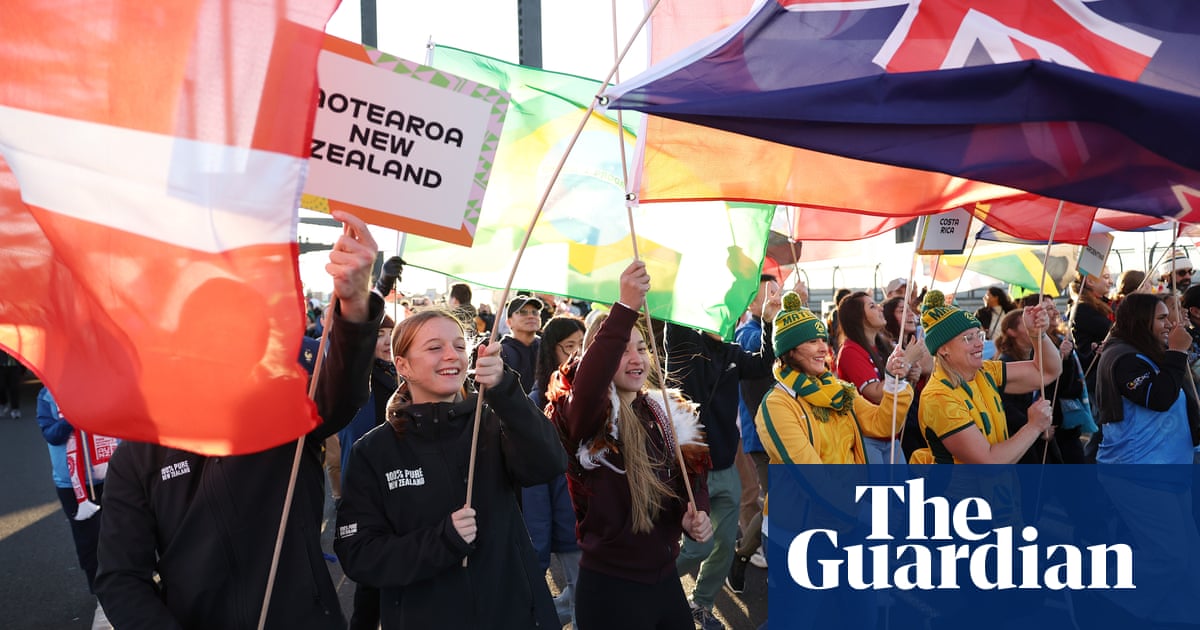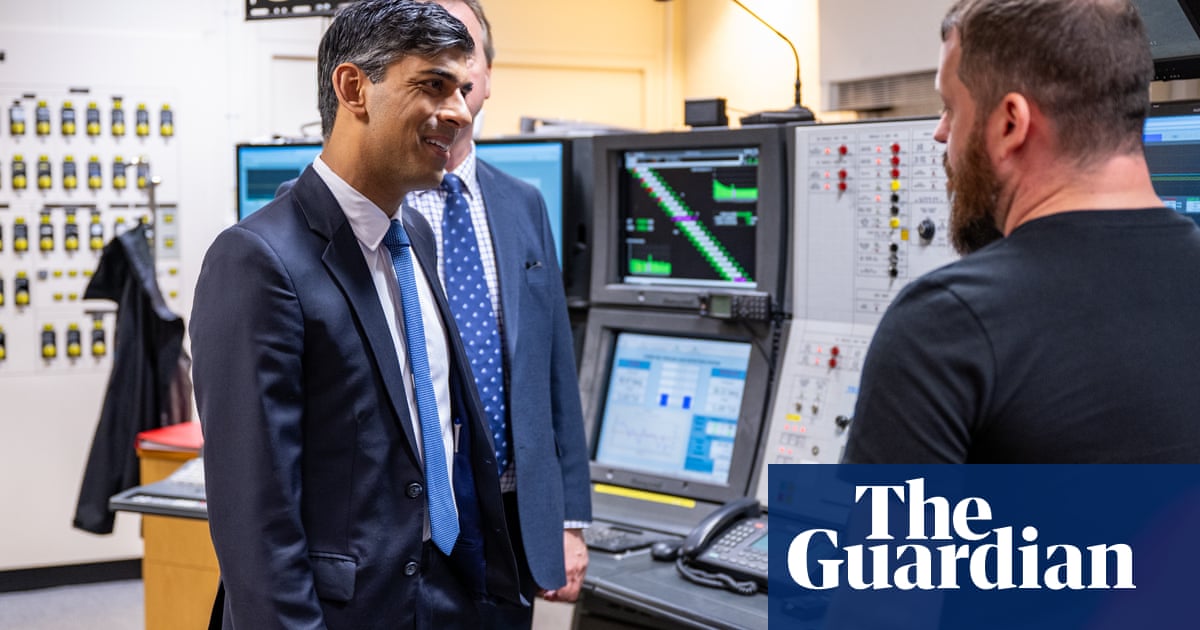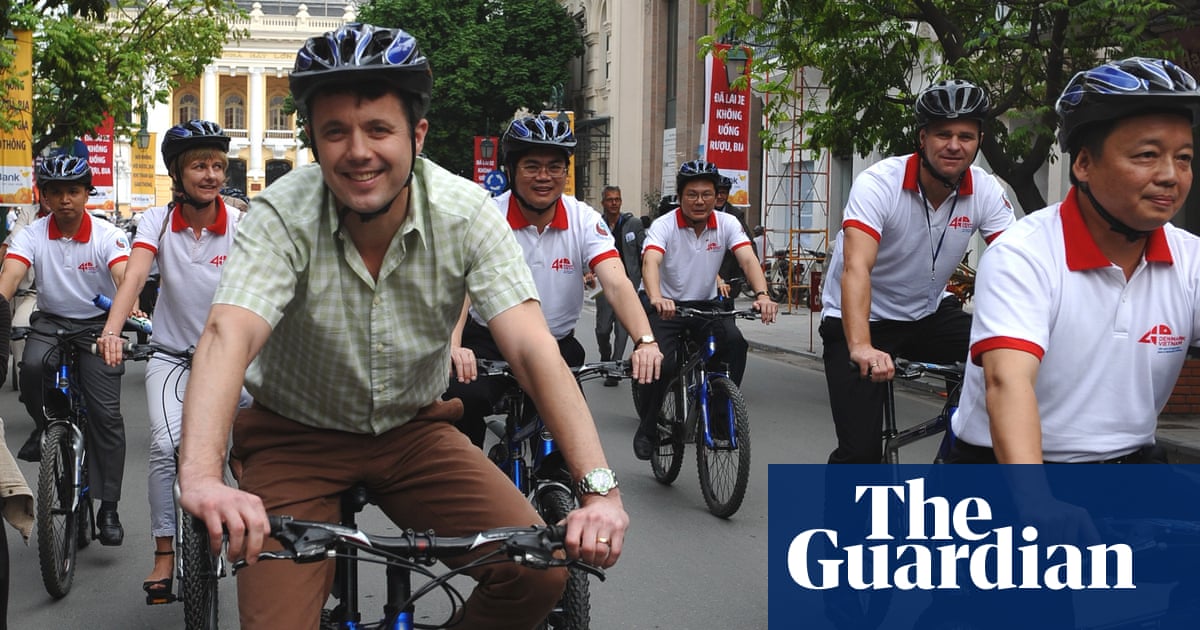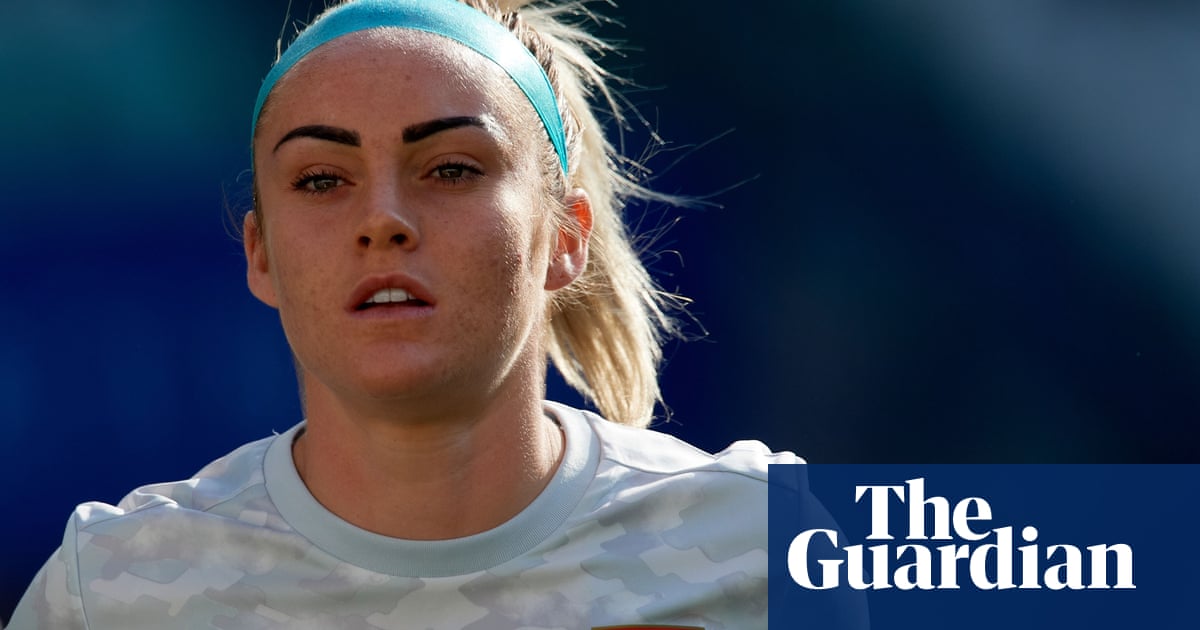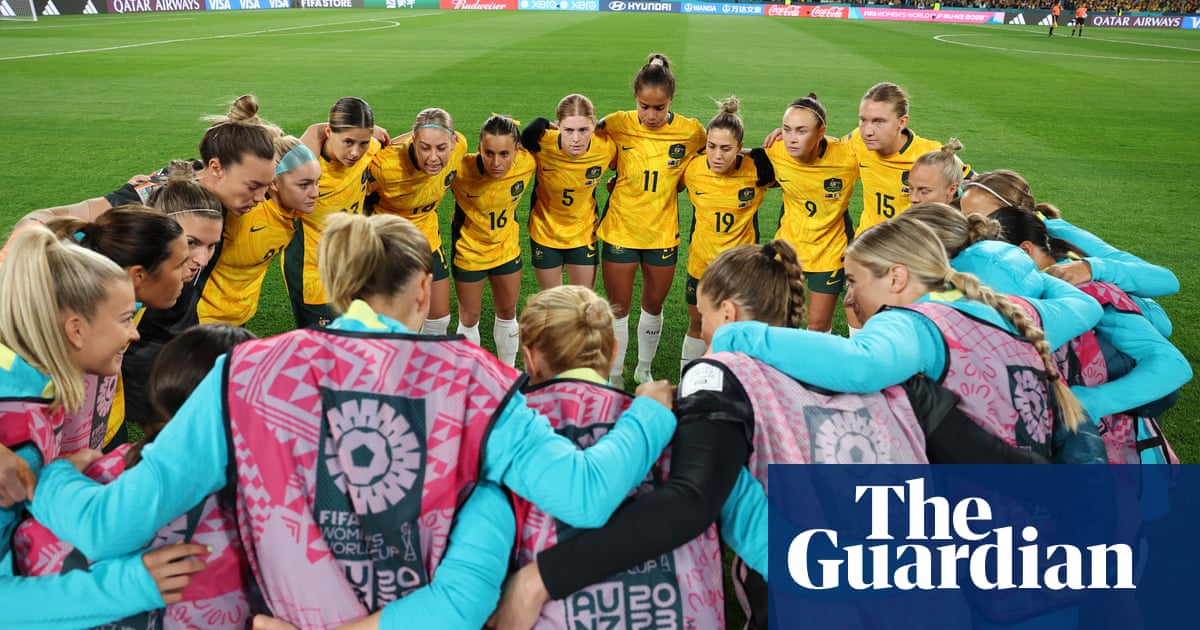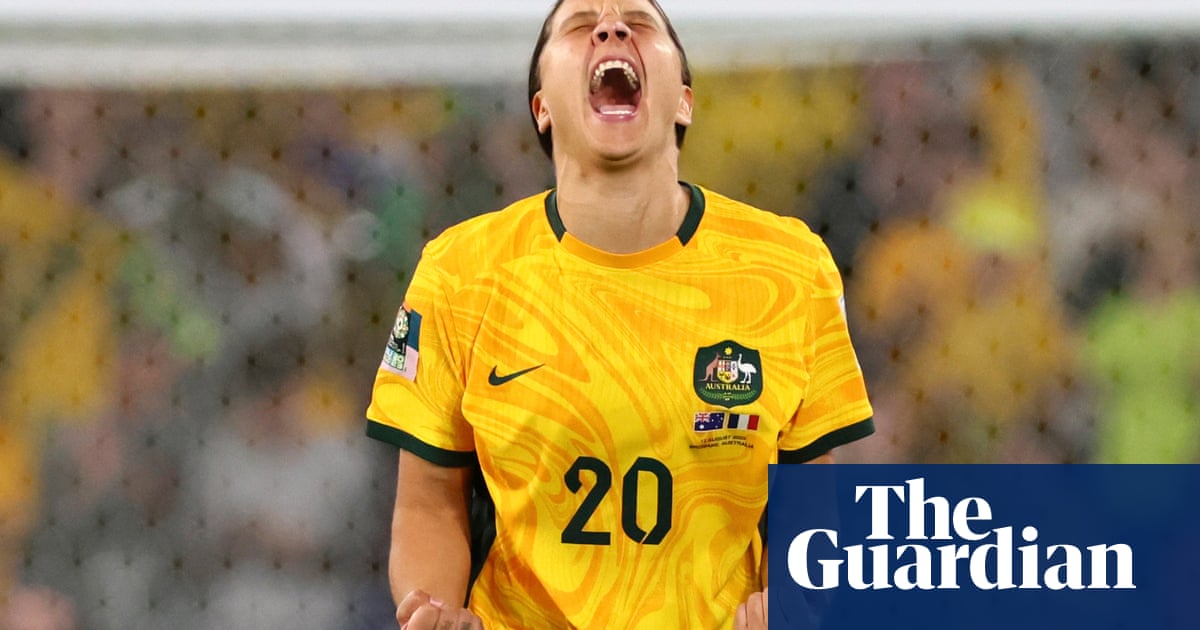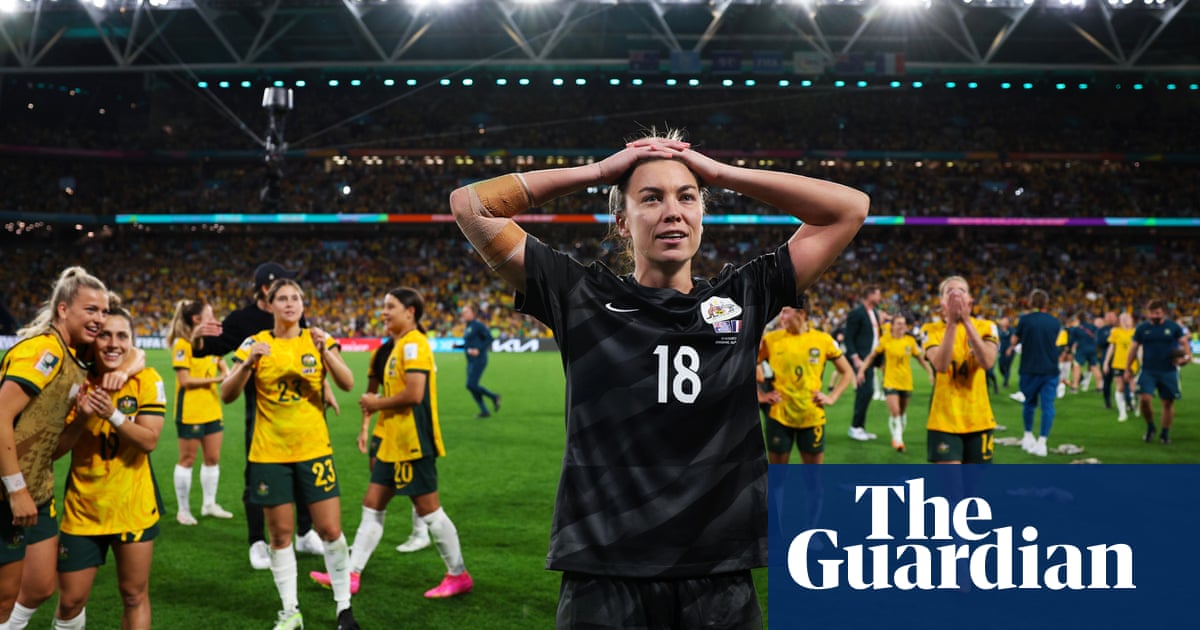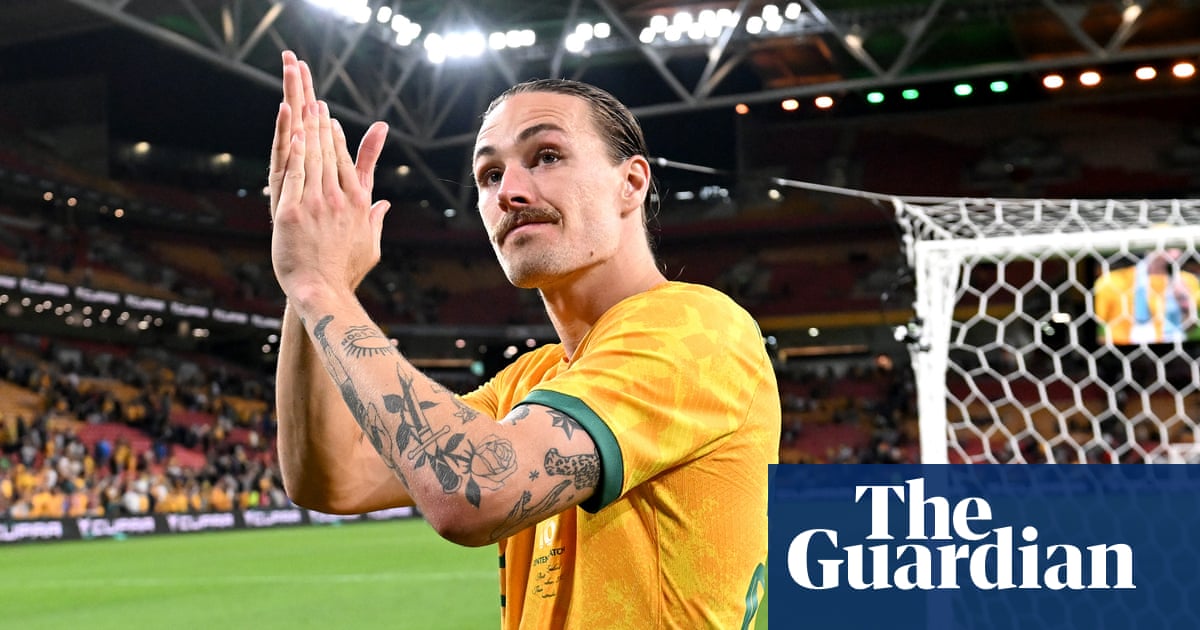
The Matildas and Socceroos have sought to demonstrate their commitment to addressing the climate crisis by purchasing carbon offsets covering their flights at the recent world cups in Qatar and Australia. The move follows increasing criticism towards sporting organisations over their contributions to global heating.
The Socceroos and Professional Footballers Australia (PFA) pursued the offsets following the Qatar tournament, undertaking an audit of the players’ flights in partnership with environmental market investor GreenCollar. Based on that information, the PFA committed funding to a project that regenerates native habitat near Bourke in New South Wales. Under a similar process, the audit for the Matildas’ flights at the Women’s World Cup is underway.
New PFA president Jackson Irvine said the move showed what football players could do. “It’s a commitment to offsetting those emissions and ensure sustainability through what we do, as an organisation and as professional footballers,” he said.
Jackson said the issue of offsetting and reducing flights in the sporting world was “at the forefront of conversation”. Premier League clubs in England have drawn criticism for flying short domestic routes where bus or train access is straightforward. Academic literature on the cumulative effect of sport on emissions – including fan travel and major tournament logistics – is still emerging.
Manchester United announced in July they would offset the air travel emissions for their men’s side’s pre-season tour of the US. A group of 44 women’s players led by Denmark’s Sofie Junge Pedersen, Canada’s Jessie Fleming, and Italian Elena Linari chose to offset their flights to the recent Women’s World Cup in Australia and New Zealand.
Jackson said although he was announcing the initiative hours after being announced as president, it had been in train for months. “As a national team, we probably travel more and from as many different places as any national team in the world, so we know that part of that travel comes at a cost,” he said. “It was obviously something that was brought up and was very quickly highlighted as something that was very important to the players.”
The commitment only covers the most recent World Cup finals. However, the PFA intends to raise the prospect of offsetting flights for qualification matches with Football Australia during discussions over the national teams’ collective bargaining agreement, which is up for renegotiation this year.
The Socceroos’ qualification for the tournament in Qatar took 1,008 days and 20 matches, with just four on home soil. But with players based at clubs all over the world, wherever they or the Matildas play, extensive travel is required during international windows.
A recent investigation found the forest carbon offsets approved by the world’s leading certifier were largely worthless and could make global heating worse. Mindful of these concerns, the PFA sought to proactively engage in the process of travel audit and project selection.
Irvine, who has captained the Socceroos, plays for St Pauli, a club in the German second division that has a history of public expression around social responsibility, tolerance and progressive political causes.
The Socceroos and Matildas have both weighed into issues around human rights prior to their recent World Cup campaigns. Both teams issued video messages, covering issues such as migrant worker rights in Qatar, unequal prize money for women and rights of the LGBTQ+ community.
During his presidency, Jackson said he, the Australian players and the PFA would continue to be outspoken on social issues. “It’s about continuing on the great work that we’ve done to champion human rights, and embed that in everything that we do,” he said. “[We want to] continue to be a voice on social issues and, of course, as a football organisation.”






